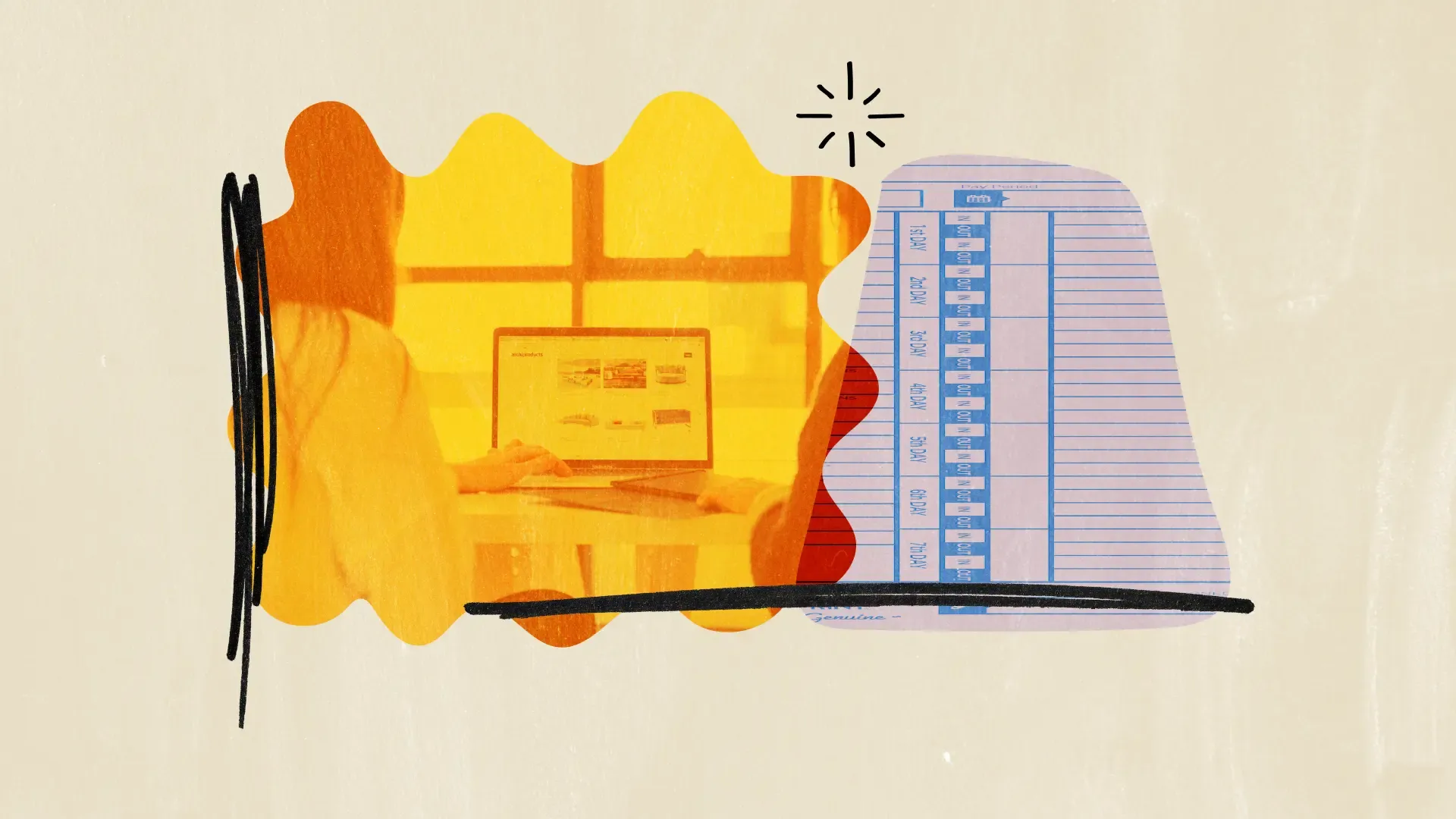With the job market for PMs (and beyond) going through turbulence and layoffs at every corner, it begs the question: Are PMs in tech startups expendable?
As a former PM, I must give you a disclaimer before we continue: if you’re a PM, some of what’s below is going to sting. But my guess is you’re tough enough and have seen angry Redditors come for PMs before.
You may have heard Brian Chesky share how Airbnb transitioned away from the traditional PM role on Lenny’s podcast. We wanted to investigate how the topic is approached in earlier-stage startups and why some are against hiring PMs. But first, let’s take a look at how we got here and what our framework for the PM role is at CommandBar.
From praises to punchlines
PM was the IT GIRL of startup jobs. A rite of passage for folks wanting peak startup compensations without the technical work. It was the Ivy League > 2 years at McKinsey > MBA > PM path. The IB exits. Great salaries without the crazy hours.
There was certainly a point in time when PMs were elevated to a pedestal; the good ones were generalists who managed to create calm from chaos, who obsessively talked to customers and thought deeply about the problems instead of hastily jumping at implementing features that don’t address the root cause of user frustration.
Somewhere along the way, that changed. Many started focusing more and more on busy work, creating processes, and getting in the way.

In an old essay, Ben Horowitz described good product managers as the “CEOs of the product,” but I don’t know if I agree. The CEO often fills that role in the early days of a startup, but that doesn’t make the two alike. This is where points of contention arise, too. Lots of PMs see themselves as “managing” EDP when in reality they’re one part of it, just as much as engineers and designers are.
They’ve started dictating how to solve a problem, rather than collaborating with engineers and designers to figure out the right solutions. Product management is about answering the “what,” and rallying the team behind a vision aligning with what the customers are sharing.
Mix that with high-interest rates and VCs demanding capital efficiency, and you get something we like to call “let PMs go to move faster.”
During this year’s Config (Figma’s annual conference), Brian Chesky, Airbnb’s co-founder and CEO announced they’re morphing the PM role into an Apple-style product marketing function.

Snapchat recently announced they were letting go 20 PMs to “speed up decision making.” Now, that seems like a punchy headline, but what does it mean in the grand scheme of things?

With an estimated 5,000 employees, 20 doesn’t seem that much. A quick LinkedIn search gives me ~500 folks with the title “Product Manager,” but LinkedIn’s search is flawed and many of these are likely false positives. For the sake of the argument, let’s say there are 400 PMs. 20 is roughly 5% of all PMs, so the “news” becomes a little less newsworthy.
Why we don’t have any PMs at CommandBar
CommandBar is mostly used by product managers, but we have none on the team. We’re currently a team of ~25, with almost half being engineers. We’ve never had PMs and aren’t currently hiring any. This surprised me when I first approached James, CommandBar’s CEO, about wanting to join the team. At first, it seemed strange that no one was filling the PM role. Soon after joining I realized a PM would only slow things down at this stage.
Instead, we have a different way of doing things.
Our philosophy is that PMs, in essence, are two things:
- GMs (General managers)
- Project managers
Today, the GM part (which translates to ownership) comes from a strong team of product-minded engineers and designers. Having DRIs (directly responsible individuals) cover the project management aspect helps us avoid chaos and things getting dropped.
Are we always going to be able to follow this framework? Likely not. But for as long as it works, it allows us to be leaner, move quicker, and give the whole team a chance to constantly be close to the product, our customers, and the problems we’re solving. Once we have a part of the product that deserves an independent GM, that’s when we’d hire a PM.
Lenny Rachitsky recently published a story on when successful (later-stage) startups hired their first PM. But I was interested in getting up and close to why earlier-stage startups decide not to hire PMs and how that correlates with the “let PMs go to move faster” narrative.
The YC community had a lot to say on the topic.
How these YC companies think about hiring PMs
My question was simple: if you’re an early-stage startup with no PMs, what stopped you from hiring one?
Chris Frantz, Loops (W22)
Loops is an email platform built for SaaS businesses. According to Chris, they’re “within ~9 months of striking distance from most of their publicly traded competitors,” yet don’t anticipate hiring a PM in that time.
“I think it helps to have everyone tied into user feedback and get support in Slack. The engineers that build the things get to directly get feedback (and give support) on the features they built, then iteratively improve from there. It also helps to have a cofounder with the technical flexibility to be able to review and scope across many disparate pieces of the app simultaneously,” he adds.
Avery Durrant, Dripos (S20)
Avery is as anti-PM as it gets. The 15-person team he leads at Dripos is building an operating system for coffee shops.
Past experiences with PMs made him realize they sometimes end up handicapping developers. “I'm very anti-PM because I feel it slows you down as well as makes your product worse,” he shares.
He takes inspiration from companies like Amazon in structuring his teams (see two pizza rule). Dripos currently has four teams: Growth, Success, Operations, and Product, each interacting uniquely with customers. Contrary to the conventional role of PMs, he stresses, "It's really important to have a system set up where the players themselves are talking to the customers, and they bring that back to the team."
Avery sees the typical PM tasks—gathering requirements, writing user stories, conducting user testing—as additional layers of complexity that hinder the speed of building. He articulates, "PMs are adding more complexity instead of building fast. We want our employees to be talking to our customers. We want to hear that feedback firsthand and be able to build that firsthand."
Beau Allison, Tranch (S22)
Tranch, a fintech start-up that helps businesses be paid upfront, faster, and easier, currently has a team of 10, based out of London and NYC.
Beau, Tranch's co-founder and CTO, tells me they've thought a lot about hiring a PM, but eventually decided not to and are happy with that decision. Similar to the other startups I talked to, their product function is largely led by the co-founders, alongside their Head of Engineering. "Our Ops team gives us a lot of user feedback too," he shares.
When asked how he thinks they'll know they need to hire one, he tells me "probably when I feel the teamwork and pipeline management becomes too much. That, or when gathering insights to make product decisions requires a full-time role."
Nic Borensztein, CrowdAI (S16)
Nic’s story is a little different. He did eventually hire a PM. His company, CrowdAI was acquired earlier this year. But similar to other founders I spoke to, the team waited a while before hiring their first PM. “It was around our 20th hire, post Series A, marking our pivot towards a PLG strategy with a self-serve platform model,” he explains.
While he doesn’t deny the value of PMs in established companies, he believes startups demand a more fluid, strategic approach, which is why he waited."It's almost like you need an Eric Ries-type PM… a participant in the product-market fit search… doing really strategic thinking, iterating, and customer development. The most valuable people you can hire are people that behave like a founder… they don't really care what their job description is, they just look around and do whatever they feel needs to be done.”
Nic knew it was time to bring someone on when the burden on the engineering team needed easing to allow for more focused work periods. "It helps to be able to share the burden and allow yourself to narrow your role a little bit… it was just hard too continue doing both at a time when there was finally enough work for a CTO to be full-time on engineering instead of partly product and partly sales and partly HR."
He ends with something I really resonate with: "It all depends on what skills are already present on your founding team… if you have enough of the PM background among the leadership, you can probably get away with just integrating the product function into other processes in the company."
Conclusion
The overwhelming reaction I got from most founders I spoke to was that hiring a PM before a series A/B or PMF is a mistake and will only slow down progress.
My 2c is that large companies' cookie-cutter PM role is slowly but surely fading away. As counterintuitive as it sounds, large companies need to (re-)start operating more like startups. In theory, I love what Airbnb did by merging the PM and PMM roles—traditional PMs need to think more about distribution. I guess we'll have to see how that actually plays out in practice.















